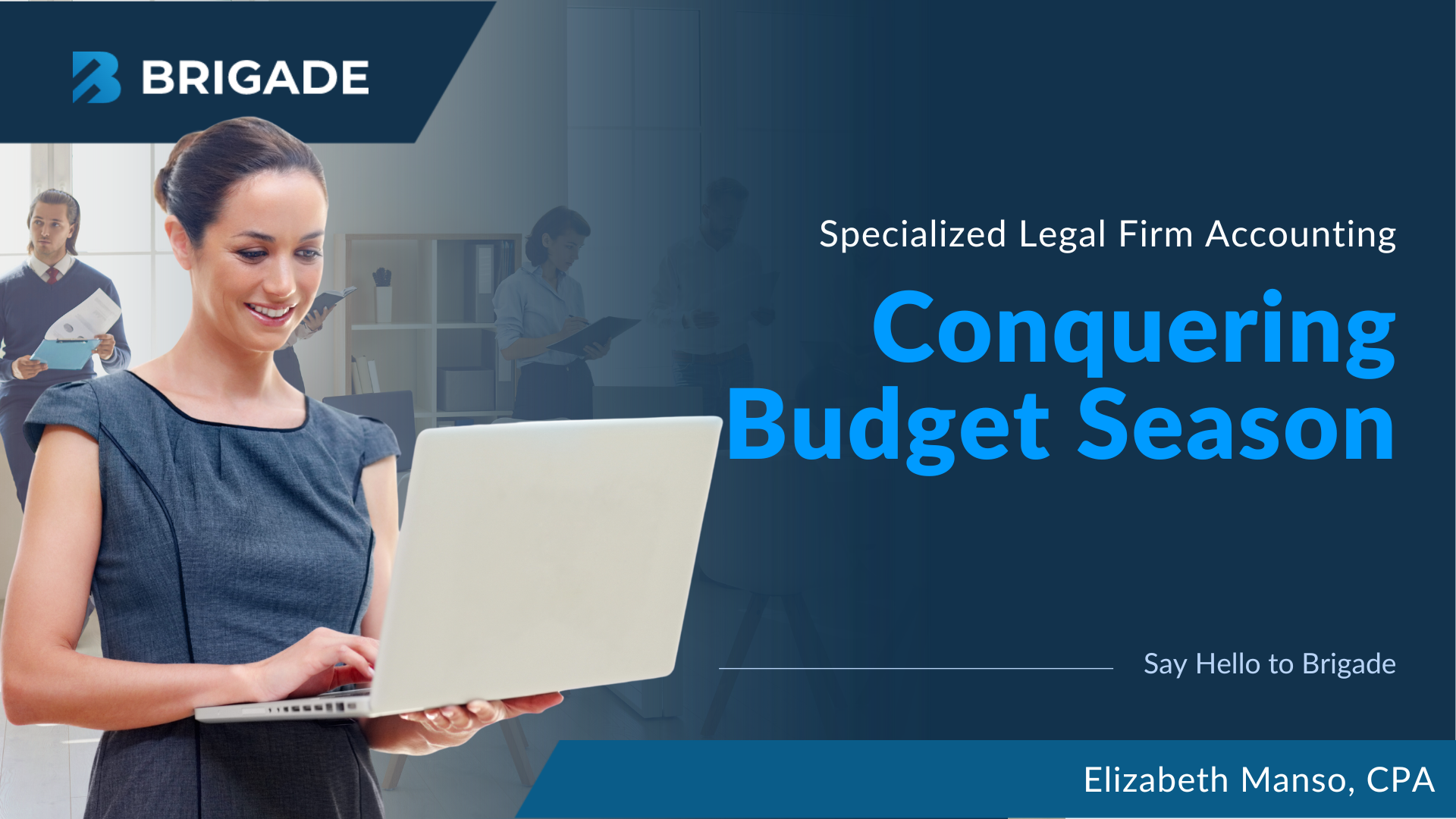
What do the owner of a mom and pop shop, a corporate tycoon and a celebrity have in common? They are all business owners. As a business owner, you have to keep track of your company’s books or hire someone do it for you. If you or the person you hire don’t do it right, then you could put your company in jeopardy, like superstar singer, Rihanna claims her accountant did by giving her bad financial advice back in 2012. She sued for that. So did NBA basketball player, Kevin Durant, who sued his CPA for making mistakes on his taxes. At Brigade Bookkeeping, we’ll have none of that. We’re here to help you and share our best bookkeeping practices.
Several weeks ago, I started to tell you about some basic bookkeeping tasks that need to be done on a weekly and monthly basis. We took a break from our basic bookkeeping checklist, but now I want to share a checklist of tasks your bookkeeper or accountant should be performing at least once a quarter or every three months. Here are my favorites:
-
PAYROLL PAYMENTS
Every quarter, every business must make a quarterly payment on payroll. These payments are due the last day of the month after a quarter ends. Your bookkeeper or accountant should use IRS Form 941 and your own state’s filings to make these payments.
-
TAX PAYMENTS
Once a quarter, your bookkeeper or accountant should review if your tax payments are up to date. Do you have to make bi-monthly or quarterly payments to the IRS? If you don’t know the answer to that, make sure your bookkeeper or accountant does. Remember to ask your bookkeeper to include quarterly income and sales tax payments.
-
REVIEW CASH FLOW
Cash flow is the money made by a business. Positive cash flow is every business owner’s goal, but sometimes slow sales, unpaid invoices, or even an emergency can have an impact on a company’s profitability and cash flow. Your bookkeeper should be conducting a quarterly, if not monthly, cash flow review and sharing that information with you through a cash flow statement. This statement shows a company’s best source of cash and uses of it.
-
PROFIT AND LOSS STATEMENT
Nicknamed the P&L statement, this statement measures a company’s sales and expenses during a certain period. It will list all sources of revenue and subtract all expenses related to revenue. The P&L statement is the best way to know how your company is doing financially and something your bookkeeper or accountant should provide to you on a quarterly basis. How does your actual revenue, gross profit and expenses compare to your projected numbers? What should you change to make sure you reach your goals? A P&L statement helps you stay on course, so if your bookkeeper isn’t providing a P&L, ask for it.
Daily, weekly, monthly and quarterly checklists are musts for bookkeepers and accountants. We hope you took away some good tips in our best bookkeeping practices checklist over the past couple of months. If you need more information about any one of our checklists, email or call anyone on the Brigade Bookkeeping team.

